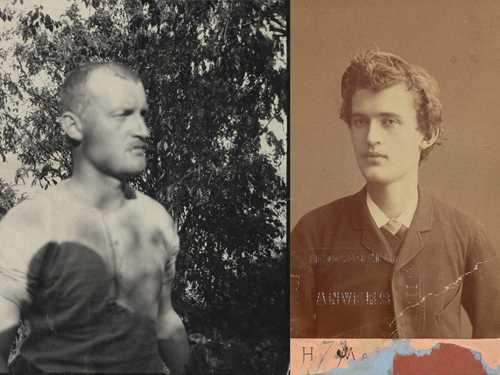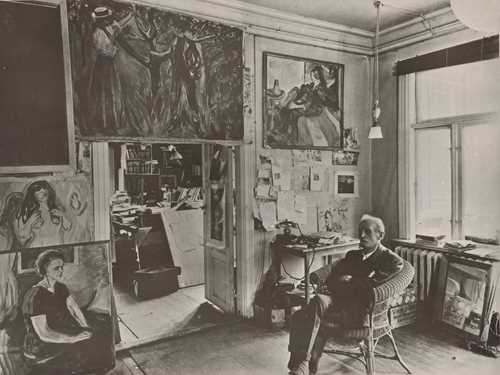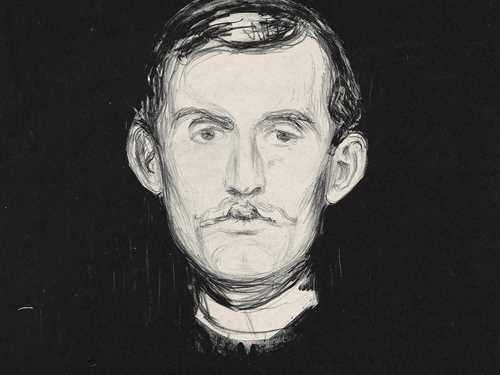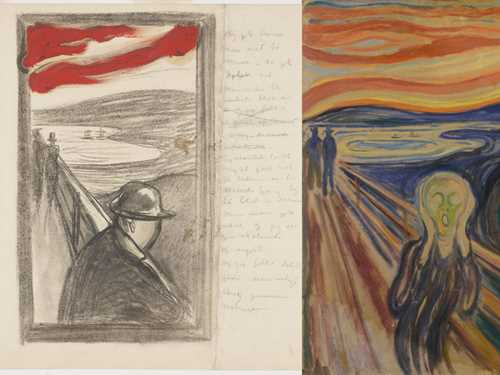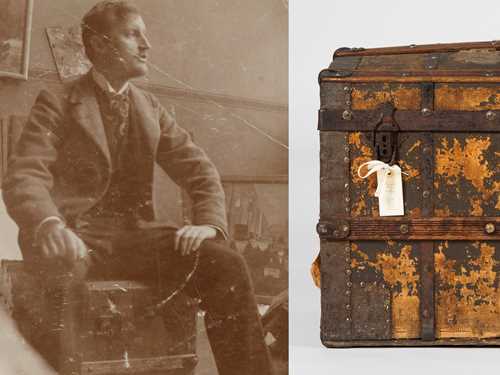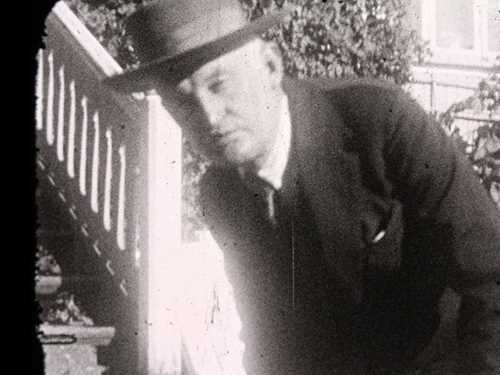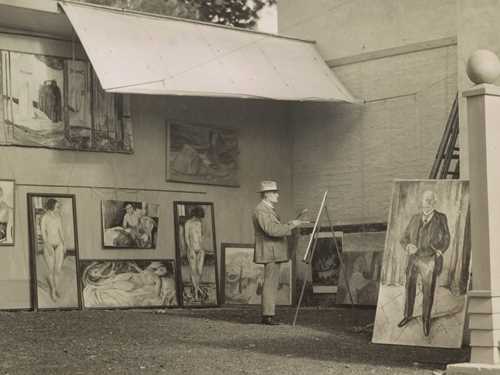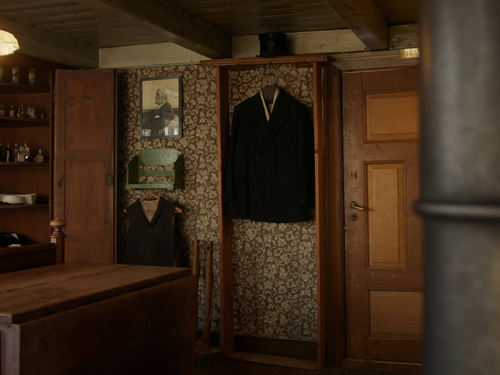Edvard Munch's struggle with the tax authorities
Maybe self-employed of today can find some comfort in the fact that even the world renowned artist struggled with the taxes.
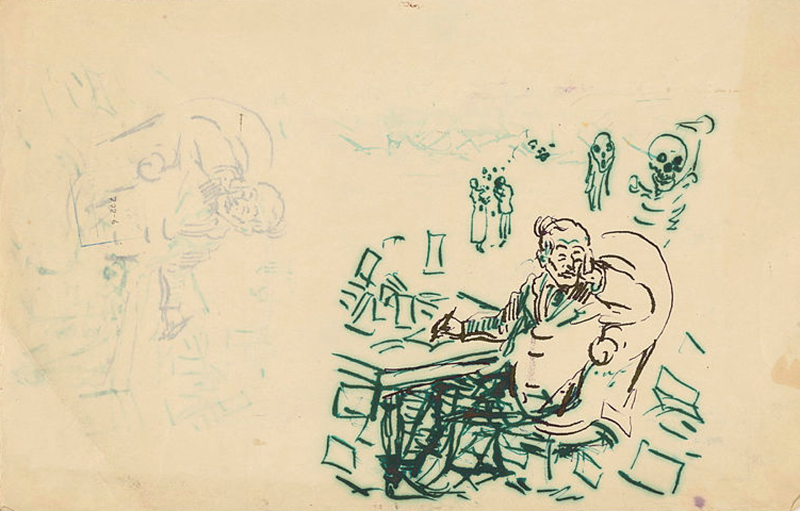
In 1911, a new tax law took effect in Norway, and the tax return system was introduced. From 1913 onwards, all taxpayers were to submit unsolicited tax returns on fortune, income and deductions. This led to a lot of work and also stress for many, perhaps especially for the self-employed with unpredictable income. This also applied to Edvard Munch.
It’s the many details and the fact that I have to declare the to declare the accuracy of the calculation. I spend a lot of time, get to know that I have calculated incorrectly - then I must do it all over again.
In the udated note «To the tax assessment» (image), he writes:
When the tax assistant claim that I have a foul language, he just don’t understand a joke. He cannot believe I said " the dogs are gonna get you" and meant it - This is how I joke with people every day and everyone is having fun.
Munch wrote a lot, and kept both poems, diaries, letters and notes. One of the notebooks in MUNCH's collection has over 300 pages, and is solely about the tax calculations. Here, both Munch's violent frustrations and his creative way of arguing come to the fore:
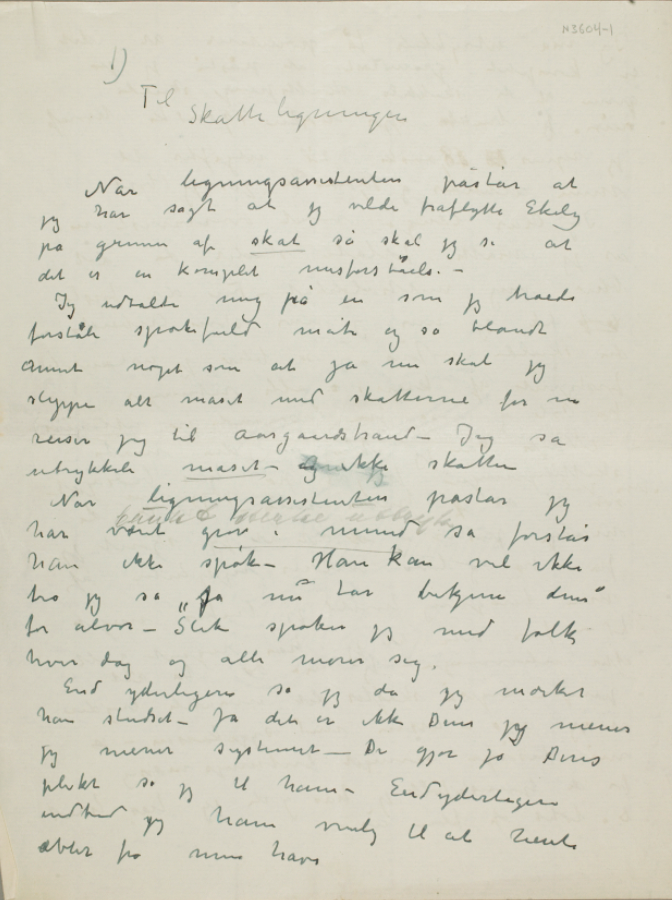
Maybe you mean that I must be taxed for the artworks before I can sell them? How would that work with a composer who constantly drafted and had many manuscripts? Or a tenor who would often sing? Or a philosopher who still had to philosophize? I'm not a businessman who can easily keep accounts. Has the tax assessment board thought about that I have spent months on the calculation they delete with a single pen stroke?
Munch believed that the tax authorities in Aker had persecuted him for a number of years and disrupted his work. The artist was both furious and upset because neighbors complained about his many studio buildings and storage of unfinished drafts. The tax authorities wanted to tax his unsold works as well, and regarded them as fortune - while Munch thought this would lead to double taxation when they were sold, and that it was absolutely necessary to have the artworks around when he was working And, he argues, without being allowed to work in peace, he will not be able to sell any works either - and thus the tax authorities will lose money.
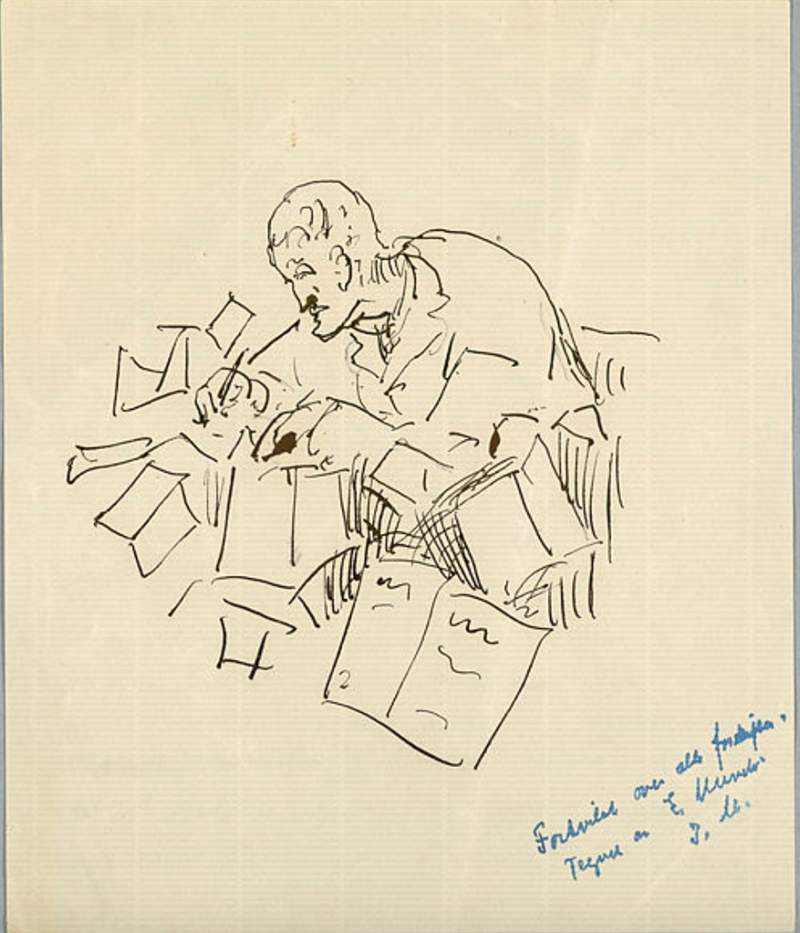
Edvard Munch: Self-portrait, 1930s. Pen
The notes also show that Edvard Munch was very jealous, and especially of Gustav Vigeland, who he thought got far better terms when he designed Vigelandsparken than he himself got during some of his decorating assignments.
Until I was fifty years old, people called my paintings filthy, that they didn’t want them on their walls. It wasn’t until my works became of value people started to take an interest in them. Even when I was 45, people shouted "fuck" just seeing them. Yes, people are treated differently. Look at Vigeland. If he spits it is set in gold. When Vigeland shit a piece of clay, the state pays ten thousand kroner for it. I don’t want to make a useless iron gate for 200,000 kroner. I simply demand to be allowed to perform my work in peace. Does the tax administration think about how much it has lost in money, and what Norway has lost in art? Finally; If my art has the meaning that I think it has, and the half civilized world thinks, then the treatment I have received over the years in the western fields, from the authorities and others, will be left as a stain on this, as long as my art lives.
